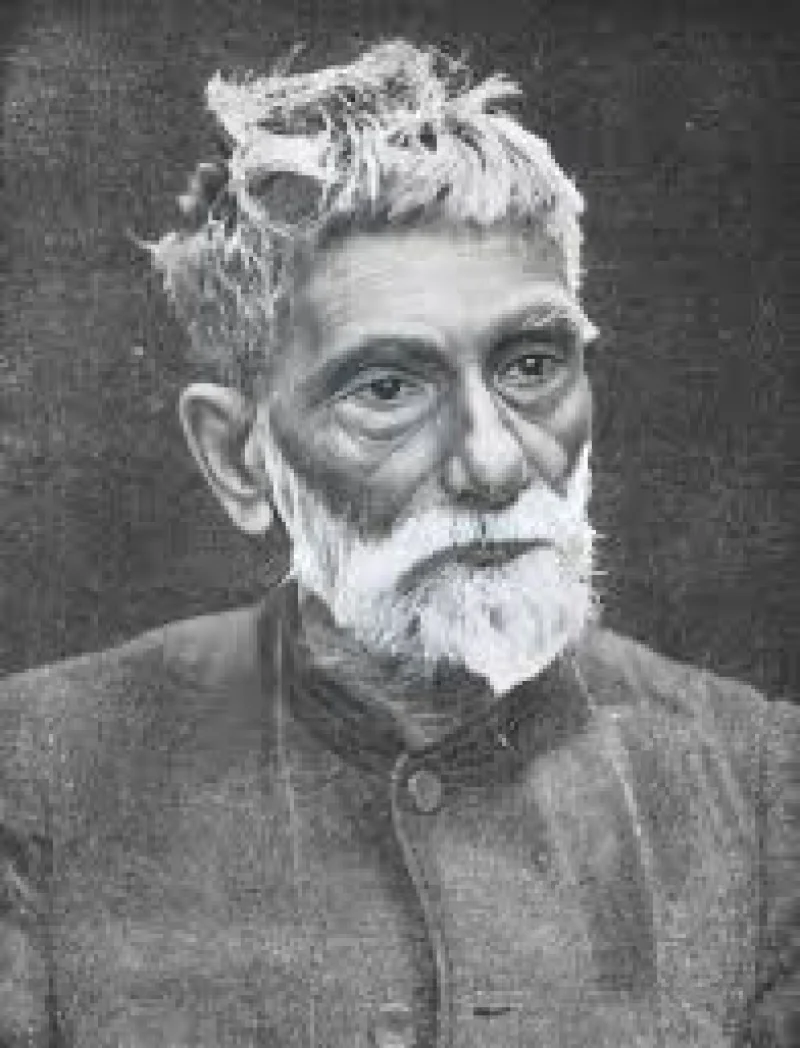Short Summary
Thomas Kuhn was an American physicist, historian, and philosopher of science, best known for his book "The Structure of Scientific Revolutions," published in 1962. He introduced the concept of "paradigm shifts" to explain the progression of scientific ideas and the revolutionary changes in scientific theories. His work significantly influenced the philosophy of science, altering how scientific progress and change are perceived. Kuhn's theories have been pivotal in debates about scientific methods and the evolution of scientific knowledge.
Early Life & Education
Thomas Samuel Kuhn was born on July 18, 1922, in Cincinnati, Ohio. He grew up in a supportive family that valued education, which greatly influenced his intellectual pursuits. Kuhn attended Harvard University, where he earned a Bachelor of Science degree in Physics in 1943. He continued his studies at Harvard, attaining his Master's degree in 1946 and a Ph.D. in 1949. During his time at Harvard, Kuhn developed a keen interest in the history and philosophy of science, which laid the foundation for his later groundbreaking work.
Career Highlights
Kuhn's professional career began at Harvard University, where he worked as an instructor in the General Education in Science program. His interest in the history of science led him to write "The Copernican Revolution," published in 1957. In 1962, he published "The Structure of Scientific Revolutions," which became a seminal work in the philosophy of science. Kuhn held teaching positions at the University of California, Berkeley, Princeton University, and the Massachusetts Institute of Technology, where he continued to refine his theories on scientific development and paradigms.
Major Achievements
- Authored "The Structure of Scientific Revolutions," introducing the concept of paradigm shifts.
- Influenced the philosophy of science and the study of scientific progress.
- Held prestigious academic positions at leading universities such as MIT and Princeton.
Famous Quotes
- "The study of paradigms is what mainly prepares the student for membership in the particular scientific community with which he will later practice."
- "Normal science does not aim at novelties of fact or theory and, when successful, finds none."
Interesting Facts
- Kuhn initially studied physics before transitioning to the history and philosophy of science.
- He was influenced by the work of Alexandre Koyré, a renowned historian of science.
- Kuhn's concept of paradigms has been applied beyond science, influencing fields such as sociology and economics.
- He received numerous honors for his contributions to the history and philosophy of science.
Legacy / Influence
Kuhn's work fundamentally changed the understanding of scientific progress and has had a profound impact on the philosophy of science. The concept of paradigm shifts introduced a new framework for studying the evolution of scientific ideas, emphasizing the non-linear and revolutionary nature of scientific advancements. His influence extends beyond academia, affecting how various fields perceive change and development.
FAQ
Q: Why is Thomas Kuhn famous?
A: He is renowned for his book "The Structure of Scientific Revolutions" and the introduction of the paradigm shift concept.
Q: What is a paradigm shift?
A: A paradigm shift is a fundamental change in the basic concepts and practices of a scientific discipline.
Q: What did Kuhn study in university?
A: Kuhn studied physics at Harvard University before focusing on the history and philosophy of science.












